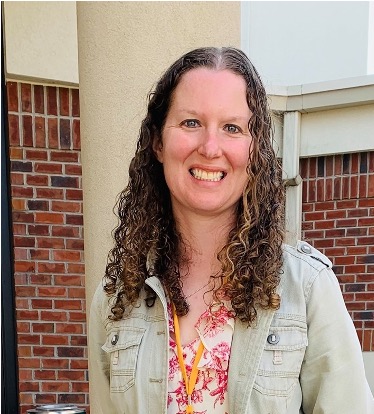My friend bought a couch. Except it wasn’t one of the ones from a furniture-maker or showroom; she bought it online and it came in a box. With parts. Unassembled. And so, when the box arrived at her doorstep, she panicked. She was not one for the use of tools or putting things together—so she called me. And one Saturday afternoon, with the promise of pizza and brownies, I came over her apartment to put the couch together. I thought it would take me all of an hour, but one hour turned into two and two turned into three as I sorted through small parts, screws and armrests that didn’t quite fit.
“Why is this so complicated?” I muttered to myself, frustrated. “It’s not rocket science- it’s a couch.” After hour number three, we called it quits and ate the pizza. On the floor. I finished the job when I was a bit more rested and less frustrated.
Then I found the illustrated instruction manual. With three steps.
How Do You Get Started?
Like my friend’s couch assembly, sometimes when we’re starting or thinking of starting a fresh expression of church, we may assume “there’s no way I can put one of those together!”
On the outside, starting a fresh expression of church may seem like it should be overwhelming, time-consuming, finance-sucking, and near impossible for any normal person to undertake, let alone somebody who hasn’t been to seminary or Bible college. Many people dismiss it, saying they do not have the bandwidth to do even one more thing, or they make assumptions on what starting something new entails.
But it turns out that we are the ones who usually over-complicate what it takes to start a new form of church in our community. Traditional church planting processes tell us we should have huge budgets and marketing techniques, but neither are necessary to start a fresh expression of church.

New Church Communities without the Rocket Science
Many fresh expressions cost zero dollars, and some write their invitations by hand on sticky notes. Church boards, councils, and leadership teams say you need multiple committees and everybody onboard and involved to start something new, but a fresh expression of church doesn’t require everybody to be involved and people can play different roles (pioneer, supporter, permission-giver).
Church staff say they’re so busy doing so much ministry already, but fresh expressions of church are designed to be started by the people sitting in the pews, in their neighborhoods, doing the things they love and are already doing.
Lead pastors tell us leaders should have the deep theological grounding of a 61-year old seminary professor before they disciple anyone, but fresh expressions of church are meant to be led by pioneers who are living out and growing in their faith as they experiment.
It’s really not rocket science.
If you’re contemplating starting a fresh expression of church but holding back, you may want to ask “am I making things too complicated?”
If you’re in the middle of starting a fresh expression of church and feeling bogged down, you may want to ask “what have we over-complicated that we need to simplify?”
The good news of fresh expressions is that, unlike the assembly of my friend’s couch, anyone can start one, anywhere, with anything. That seems to be God’s method of creating and re-creating as we join in God’s mission.


